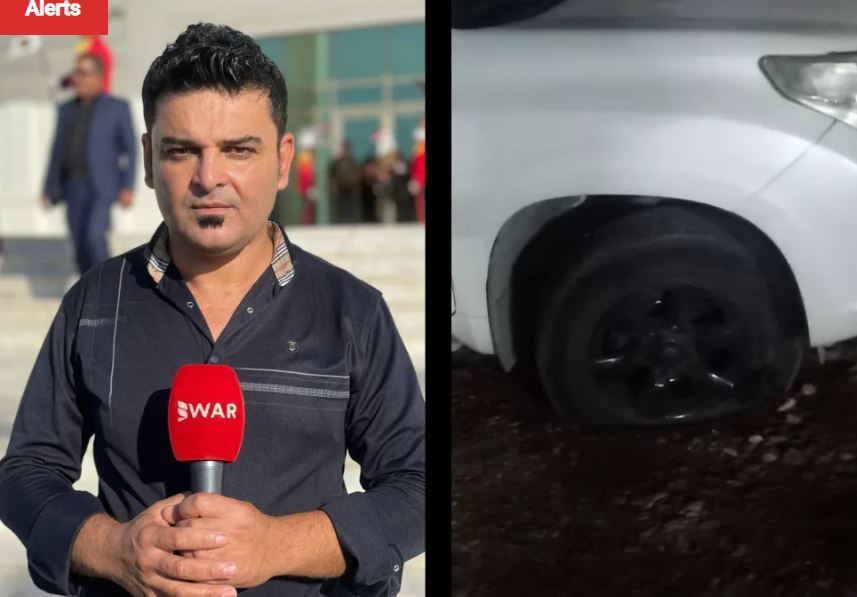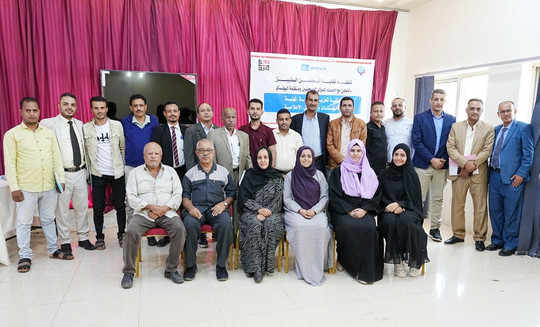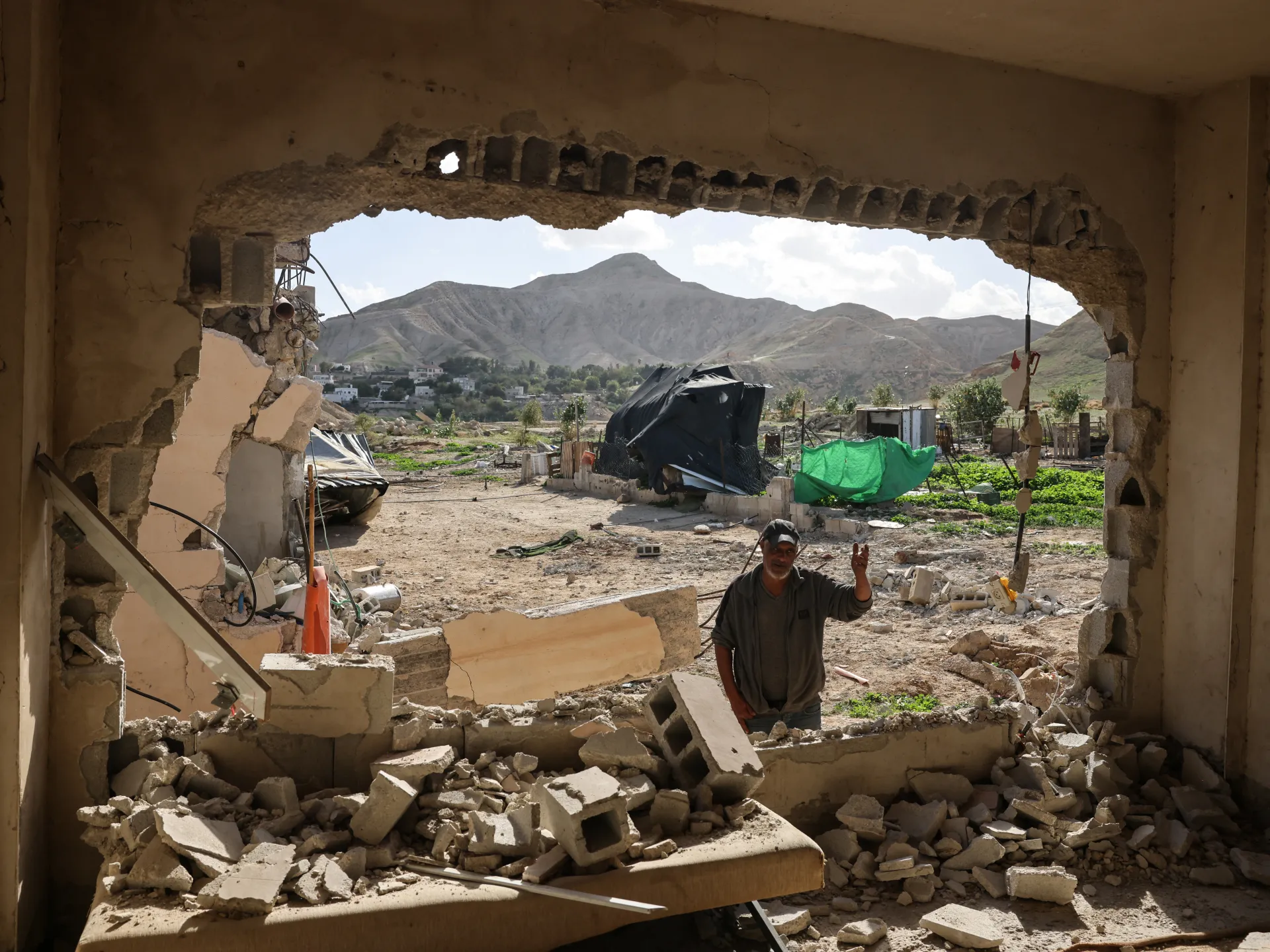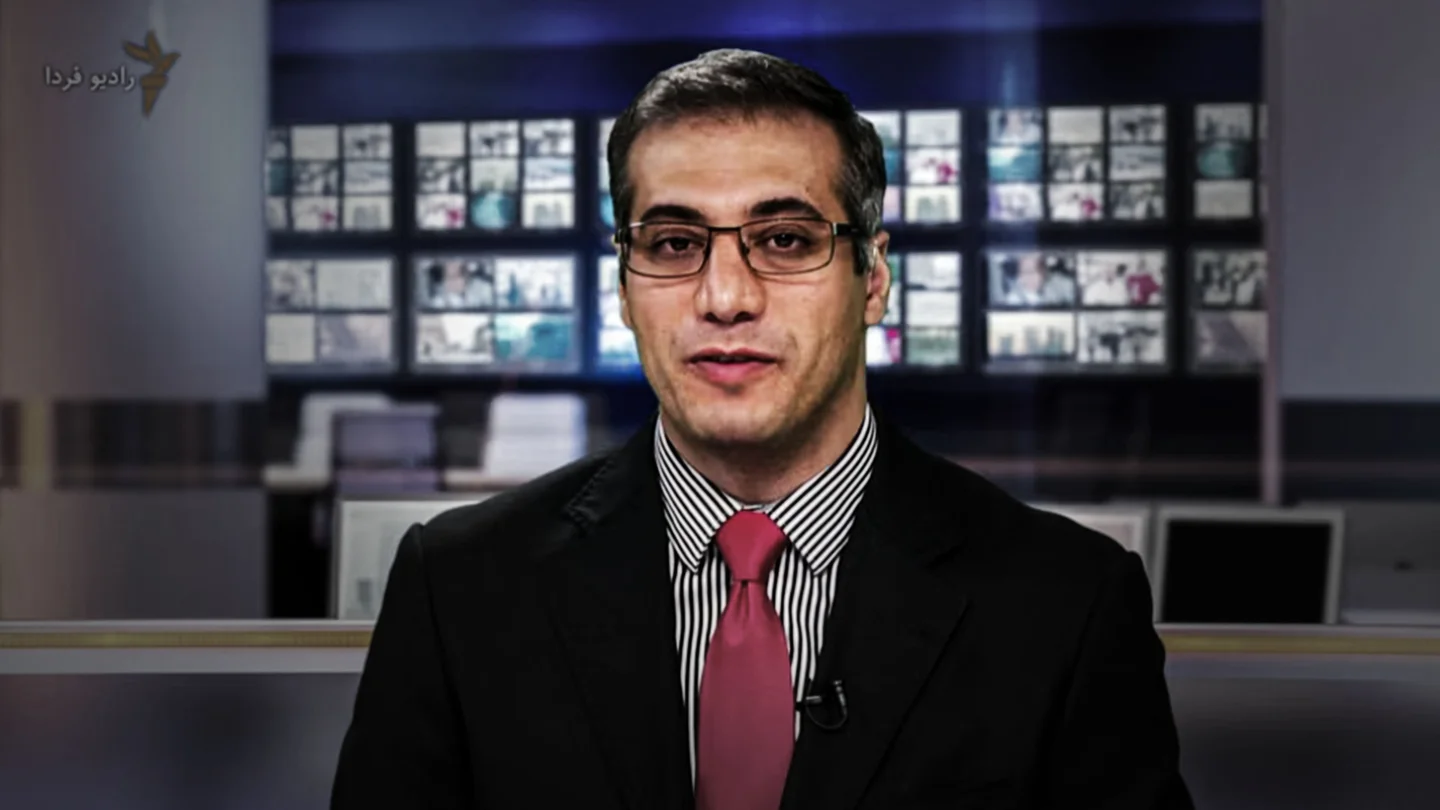
Haunted for Holding Truth: The Harassment of Rana Ayyub
November 8, 2024
When Exposing Corruption Becomes a Death Sentence
November 8, 2024November 08, 2024 – Yemen –
In a country locked in a decade-long conflict, the safety of journalists has become a crisis of urgent proportions. On November 8, 2024, the International Federation of Journalists (IFJ), in collaboration with UNESCO and the Yemeni Journalists’ Syndicate (YJS), concluded a year-long project aimed at improving occupational safety for media workers in Yemen, training over 160 journalists across Aden, Taiz, Hadramawt, and Marib.
The initiative comprised eight workshops culminating in the final session on October 31 in Taiz, attended by 20 media leaders. Discussions underscored the need for comprehensive safety measures: psychological support, tailored safety tools, risk assessments, and robust safety protocols. Participants also urged inclusion of occupational and digital safety modules in Yemeni universities’ journalism curricula—echoing earlier progress when two universities adopted the UNESCO/IFJ safety course.
IFJ General Secretary Anthony Bellanger lauded the project’s achievements but emphasized that “guaranteeing the safety of journalists must be a priority in Yemen,” cautioning that without continued efforts, journalists cannot safely fulfill their role. YJS Secretary General Imad Al‑Saqaf urged the union to sustain these actions beyond the project’s end, signaling that additional protective efforts are imperative.
The project also produced important outputs: monitoring reports on media violations, ten safety-focused newsletters, and a dedicated workshop addressing impunity for crimes against journalists. The goal was to shift from reactive to proactive protection—equipping journalists before danger arises.
Despite these advances, Yemen remains a perilous environment. A 2025 report from the Committee to Protect Journalists highlights ongoing threats: enforced disappearances, arbitrary arrests, and deadly attacks, such as a Houthi drone strike that killed a journalist in Marib and abductions in Hodeidah.
In this context, the IFJ project offers a vital foundation. Its emphasis on psychological resilience, institutional protocols, and educational integration represents a promising roadmap. But experts caution: without sustained international support, legal reinforcement, and widespread institutional adoption, these gains risk eroding under continued conflict pressures.
In essence, Yemen’s journalists stand at a crossroads. They’ve received new safety tools and awareness, but survival hinges on whether these protections can endure—and whether the world will hold perpetrators to account and maintain pressure for enduring change.
Reference –




